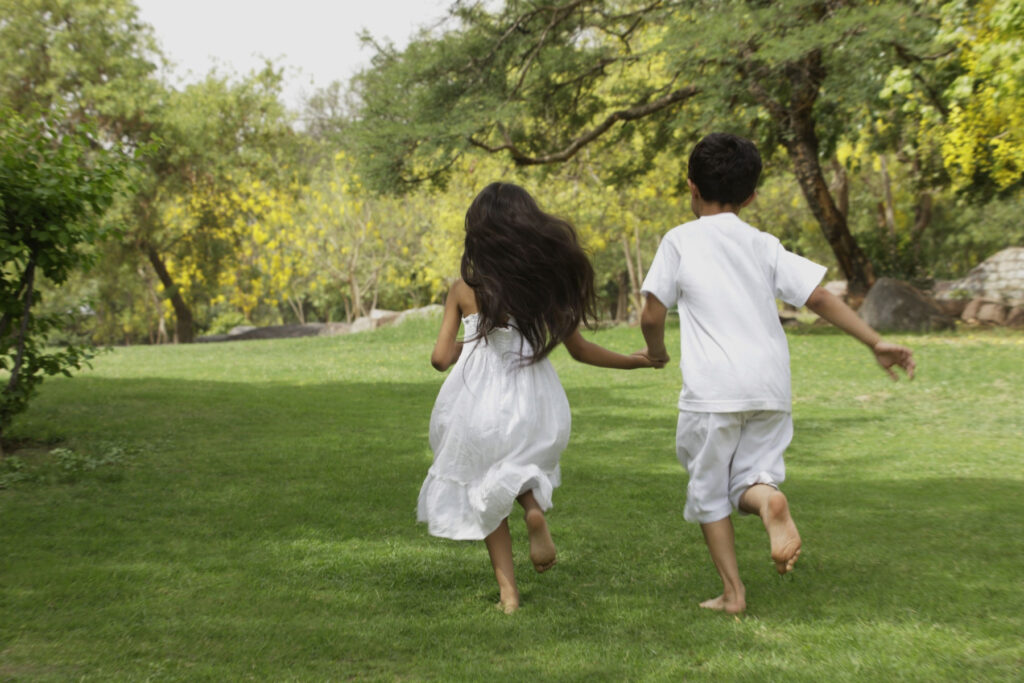
Photo by Asia Images Group via Shutterstock.com
As a newly minted teenager testing the limits of freedom, I visited the slopes of the Himalayas. How high could I climb without my school teacher watching? How far could you go from the river to your hotel? It was my first experience without the shelter of my parents and my home. I could define who I wanted to be, and even the sky wasn’t a limit. “Banks of Beas” reflects an eye-opening moment in my childhood.
Unfortunately, I remember getting diarrhea during the trip. After days of suffering, our bus stopped at a café that served deep-fried aloo parathas for breakfast. With disheveled hair and an empty stomach, I stared at my classmates, as they licked their fingers, finishing every last grain and uneaten crumb. My English teacher said ‘sometimes you need to eat a full stomach to fight a bug.’ And so, I did.
I was cured.
This poem is about the childhood tastes, sounds, and sights that never leave you, even as your hair grays. “Banks of Beas” greeted me at a crossroads of my life as I was stepping into adulthood. “Banks of Beas” will always be the youthful beacon of childhood, no matter how much we age.
[Read Related: Embracing the Happiness of Childhood as an Adult]
Banks of Beas
The water slithers over your feet
The tips of your skirt wet
Steam oozing from aloo cutlets
The exotic roadside dhabha on Beas
The river bubbles, babbles, roars
As teenage girls sneak away from camp
You climb the muscular chest of the Himalayas
But Beas stays in the valley, glued to the bosom of Earth
At night, away from home, the classmates yawn
A mosquito hums in your ear
But it’s the gushes and swells tearing from the window
That sing the lullaby a lonely heart needs to nap
You fight, you make up, you leave, you return
But the river stays tucked inside the Himalayas
Coating rocks with precious minerals
Teasing tourists with its colors
Years pass. The school trip is over
One of you returns to the whistling mountains
It is just as you had left it
The banks of Beas at Kullu, Manali, Rohtang.




